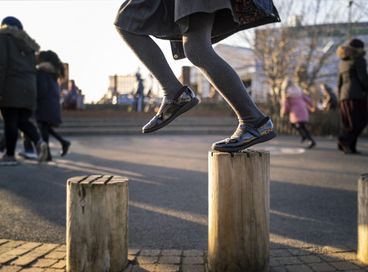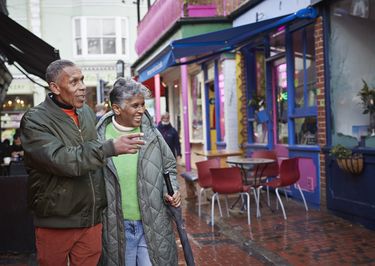Workforce
How AHPs contribute to work and health
This report looks at how AHPs reduce inequalities, improve health and support meaningful occupation.
Published 9 Feb 2026
Discover the latest work from RSPH driving change in public health.

Advocating for change through first class research
The health landscape in the UK is facing unprecedented challenges. Through our publications, we explore the ideas that could make a difference to the lives of communities in the UK and globally – whether through our in-house reports or through our academic journals surfacing research at the forefront of public health.
Our policy and influencing team regularly produces reports addressing the issues affecting the lives of people across the UK and advocates for improving the lives and health of the public, whether it's mental health, vaccinations, the workforce or ensuring health in all places.
For historical reports not shown below, please contact [email protected] to request a copy. All RSPH reports reflect the views and priorities of RSPH at the time of publication.

Workforce
This report looks at how AHPs reduce inequalities, improve health and support meaningful occupation.
Published 9 Feb 2026

Workforce
RSPH’s new report sets out the challenges the wider public health workforce is facing to protect the nation’s health, and the support they need to continue delivering crucial preventative interventions.
Published 6 Oct 2025

Healthy Places
RSPH has published a new report looking at the health outcomes of adults using social care services and how the system can have a more active role in health improvement.
Published 26 Sep 2025
Alongside our internally produced reports, RSPH publishes three academic journals covering the breath of public health research, discussion and practice, with global contributions from esteemed experts.
As one of the world’s oldest public health journals, this journal publishes everything from epidemiology to public health law. Available to RSPH Fellows for free.
Available to RSPH Members for free, this journal combines peer-reviewed research and reviews with practice-based current topic and opinion articles.
This gold open access journal publishes international articles focused on the art of translating and implementing public health evidence into practice.

Workforce
This report looks at how AHPs reduce inequalities, improve health and support meaningful occupation.
Published 9 Feb 2026

Workforce
RSPH’s new report sets out the challenges the wider public health workforce is facing to protect the nation’s health, and the support they need to continue delivering crucial preventative interventions.
Published 6 Oct 2025

Healthy Places
RSPH has published a new report looking at the health outcomes of adults using social care services and how the system can have a more active role in health improvement.
Published 26 Sep 2025

Journals
As one of the world’s oldest public health journals, this journal publishes everything from epidemiology to public health law. Available to RSPH Fellows for free.
Published 19 Aug 2025

Journals
Available to RSPH Members for free, this journal combines peer-reviewed research and reviews with practice-based current topic and opinion articles
Published 4 Jul 2025

Healthy Places
RSPH’s new report sets out how schools can play a role in ensuring children are physically active.
Published 23 Jun 2025

Journals
This international, peer-reviewed journal publishes articles focused on the art of translating and implementing public health evidence into practice.
Published 1 Jun 2025

Mental health
This RSPH report examines the Make Every Contact Count (MECC) approach to improving health outcomes.
Published 19 May 2025

Healthy Places
The high street is a British institution. This report explores what needs to be done so that high streets not only thrive but also support the local community to do the same.
Published 13 May 2025